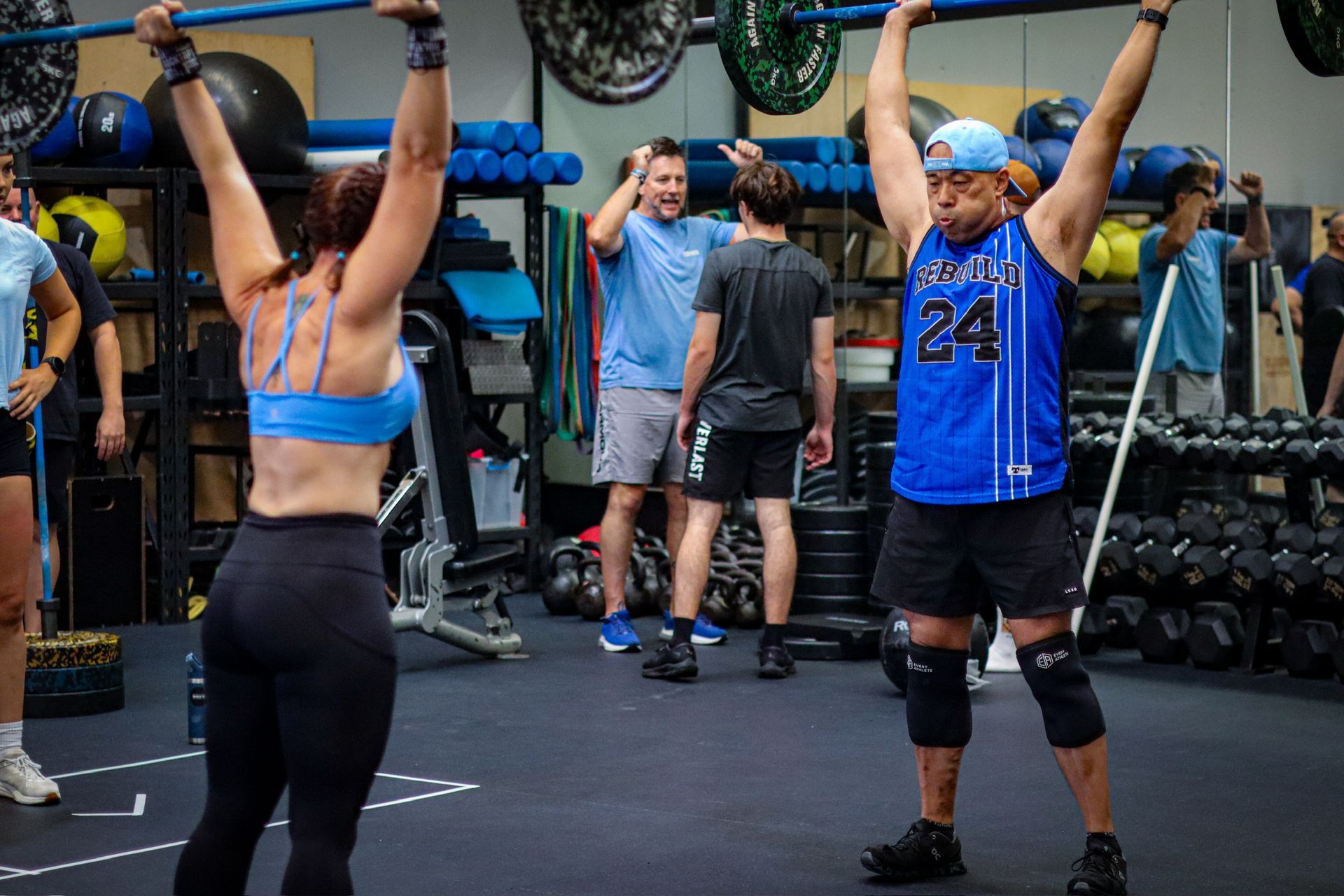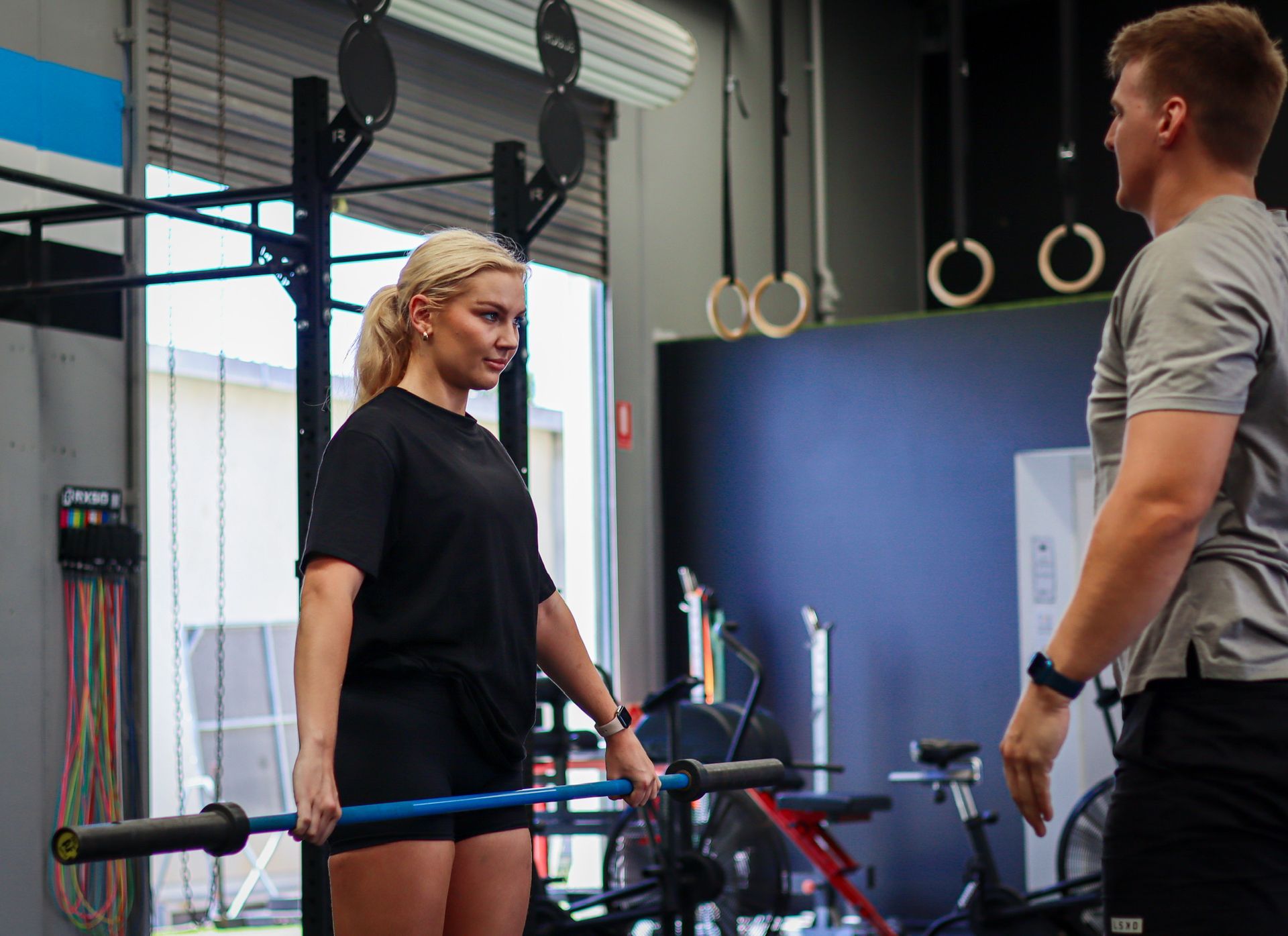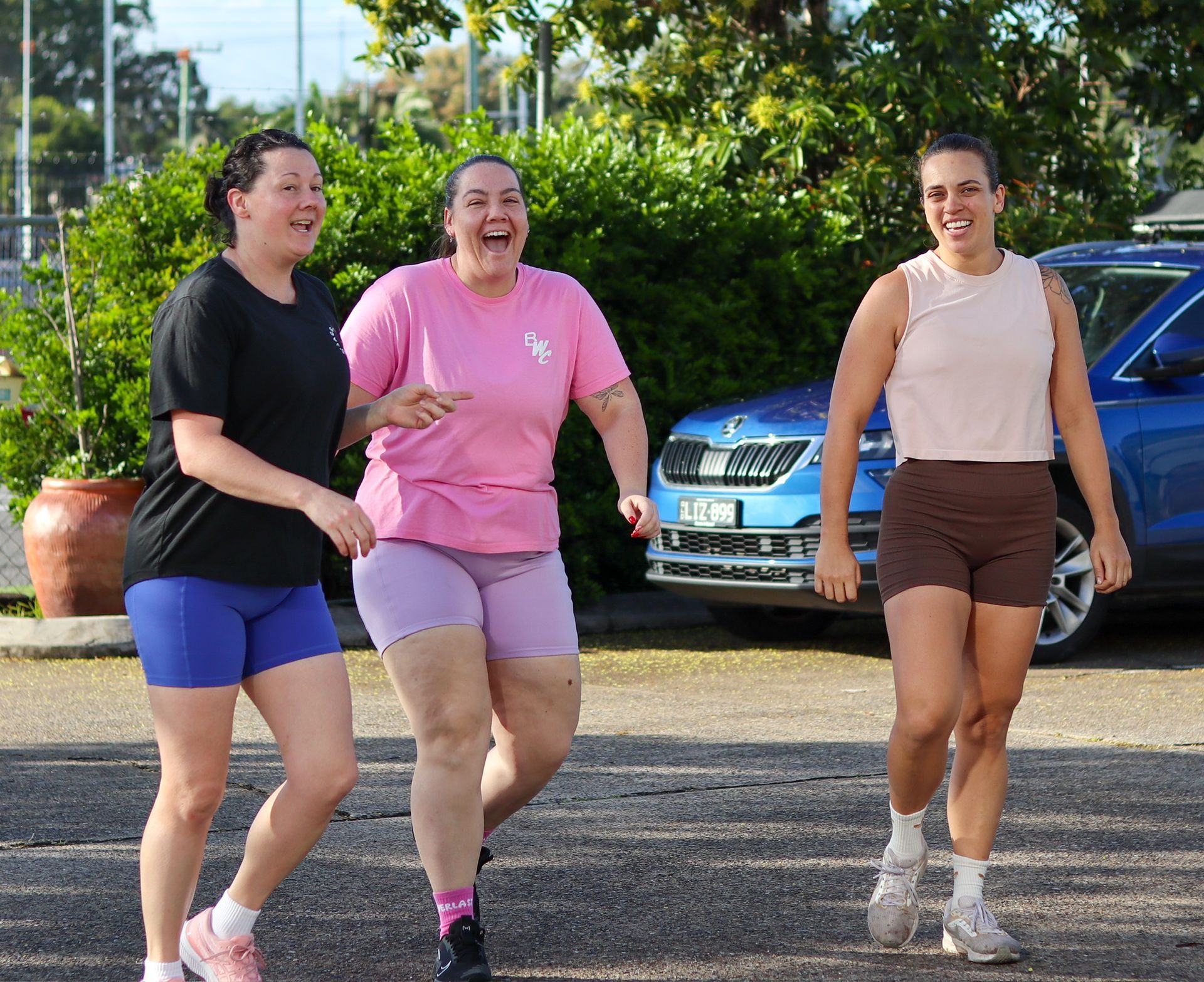The Number One Reason Your Diet Is Failing
When you’re committed towards making a change, be it a lifestyle change, a new diet, or leaving a bad habit, one thing that’s required to make any of this possible is to remain adherent. Adherence, its importance, and its value in terms of dieting is what coaches James and Sean discuss in this week’s episode of the Rebuild Health and Fitness podcast. Basic concept and fat-loss hierarchy Many people fail to understand scientifically how diets work, and the factors which affect your body mass. Because of this, you’re caught up in a cycle where you’re continuously trying new things with the hope that something will work, when actually you’ve got all the basic concepts wrong.James explains: “First, the diet itself does not put you into a calorie deficit. It’s like pseudoscience when people say ‘Oh just eat clean,’ well, what happens when you stop losing weight but are still eating clean? Can you eat cleaner? Can you wash your food anymore? “Second, the individual cannot adhere to the sort of diet their coach is giving out, the method can be far too extreme for them to follow. “Third, the assumed energy expenditure of the person is wrong, you believe you’re far more active than you actually are.” Along with these concepts, we also fail to understand what foods we should be consuming and the lifestyle we should maintain. James shares some insights on what he calls the fat-loss hierarchy. “So, calories are first, they're always king when it comes to fat-loss. Then you have your proteins, fats, carbohydrates, your sleep timings, micronutrients, supplements, and meal frequency etc. But, all of these are overarched by adherence. So, if you think of a pyramid, a triangle with all these, there’s a straight line next to it which is adherence, the whole way through.”Habit changes and conscious thinking Habit building can help you with adherence. Sean shares how important it is to change and build better habits to allow weight-loss as well as the role our brain plays in that process. He says, “You are a result of your habits. Everything you do in your life up until this point is a result of your habits. It's one of the biggest things we can help people work on to help with adherence. Unless you're looking to bring behaviour change, no diet will last because you're not willing to change anything.” When trying to diet, you need to understand the different thought patterns - and your thinking versus feeling brain. James explains: “Your feeling brain is irrational and emotional whereas your thinking brain is logical. Your feeling brain is always stronger than your thinking brain – we're emotional creatures and so the only thing your feeling brain can understand is empathy. Suppose you want to drink this weekend, your feeling brain will tell you to, and nine out of 10 times, it’ll win as well. But if you talk to yourself differently and say, ‘Hey, I know you want to drink but how are you going to feel when you wake up the next day? Or when you go in to train?’ that’s when you connect the two together and communicate between the them.”However, Sean also puts emphasis on how important it is to hold yourself accountable and make changes once you’ve had your way. “If you do go out for a drink, be accountable with your other habits. Create an environment that leads to success. Say you enjoy snacking, and you’ve always got snacks in your drawer, moving those to the cupboard will allow you to be more aware of what you want to do – you still have the freedom to eat, you have the freedom to do whatever you want but you also have the freedom to say no and think about whether you’re actually hungry or are doing it out of habit. If you make things a little difficult, you will start to see changes,” he adds. Hitting plateaus and changing calorie intakeIn the process of weight-loss, it's common to hit a plateau. But that doesn’t necessarily mean you can’t get back on track – it's all about recognising where you’re going wrong and how you can bring positive change.Sean says it’s common, but easy to overcome. “Everyone hits a plateau in every realm of life and they come after a period of success. People just start letting things slip. They go away from what was working for them, there’s a lack of adherence, they’re not tracking their intake properly, they start snacking again, or are not moving enough.”“All those things add up. It's not that you've reached your genetic potential, you've just slacked. Before you think you've reached your ceiling, just reflect back and think, ‘Am I doing enough? Am I doing what I was once doing?’ more often than not the answer is no. When these plateaus are happening, your ability to show up in the gym is massive, your ability to pick the right meals is massive. You just have to put in that effort and discipline yourself,” he adds.There’s also the fact that sometimes, what works for one person may not work for another. Everyone functions differently, everyone’s physical activity potential varies and so it’s important to make sure you can work around something that suits you best. James believes the best plan in such cases is to customise your calorie intake into something that’s manageable for you.“If I'm dieting someone at 1,200 calories but their maintenance is 1,800, they're going to say, ‘I can’t do 1,200, I'm trying my best but I do go over that,’ whereas if I'm dieting someone at 1,800 calories, it’s less likely that they're going to go over 1,800 calories all the time. For them it’ll then be like, ‘Oh I’m only consuming 1,700 calories and I’m feeling fine.’ So, if you feel like your diet isn't working for you, maybe up your diet and see how that makes a difference. There's also the fact that energy in, equals energy out. If I’m eating more, I’m going be letting out more, I’ll be feeling better, I’m going to be exercising more, my habits are going be better, my non-exercise activity will be more.”“You need to pick a path that you can be adherent to. It could be a slow rate of dieting but you may be more successful in the long run because you don't feel depleted,” he concludes. What works best?As for the last takeaway, James and Sean share what generally works best for diets, and maintaining it. “Something that's easy to stick to, keep things simple. People overcomplicate things too much. It’s got to be fun and enjoyable to a certain extent. Having a good relationship with your coach, cultivate a good relationship with yourself. Having a support network is important too; the community around you is massively undervalued when it comes to lifestyle changes.” If you need help with your nutrition get in touch now. Listen to the full podcast on Spotify. Or listen to it on Apple.
Previous Blogs




